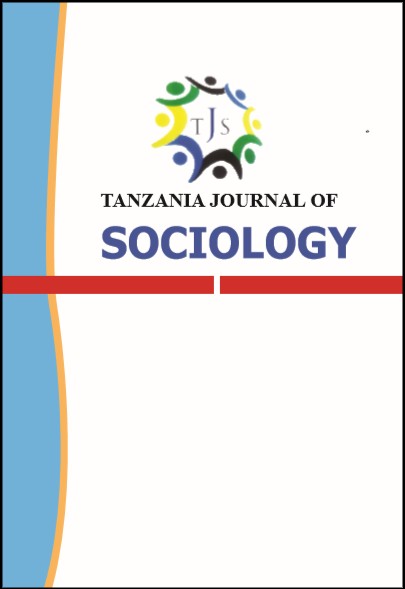Main Article Content
The Implications of Integrating Naturalised Refugees on National Security in Tanzania: Insights from Katumba Old Settlement
Abstract
The threats of flight-related factors of the integrated refugees on Tanzania’s national security have not been given serious attention. The article examined the effect of the 162,156 integrated refugee who fled their country of origin due to ethnic, economic, political, and religious conflicts. The study adopted a case study design mixing both qualitative and quantitative approaches. The data were collected through; a survey, in-depth interviews, direct observation, focus group discussion, and document review. It drew data from a sample of 397 involving both naturalised refugees (IRs) and native Tanzanians (NTs) who have been living in the study area and 31 key informants were purposely selected for qualitative data. Both naturalised refugees and Tanzania citizens who have been living in the study area were the source of data. The descriptive data was analysed using Statistical Package for Social Science (SPSS) software while content analysis was used for interview and FGDs data. The findings revealed that IRs are a threat to national security because those who fled due to ethnic conflicts are somewhat malintegrated as they have continued to organize along ethnic lines. Those who fled due to economic factors are more susceptible to criminality and those who fled due to political conflicts are a threat because they have divided loyalty. The paper concludes that ethnic malintegration, susceptibility to criminality and divided loyalty are key threats posed by IRs to national security. It recommends re-evaluating refugee integration, including long-term and sustainable strategies for mass naturalisation to promote resilience, refugee policy, security models, settlement plans, and civic education for both NTs and IRs.







